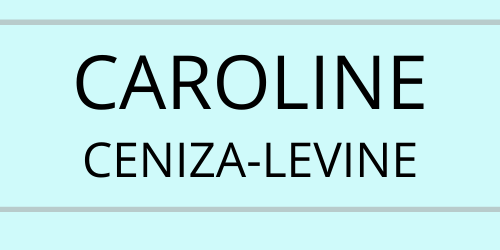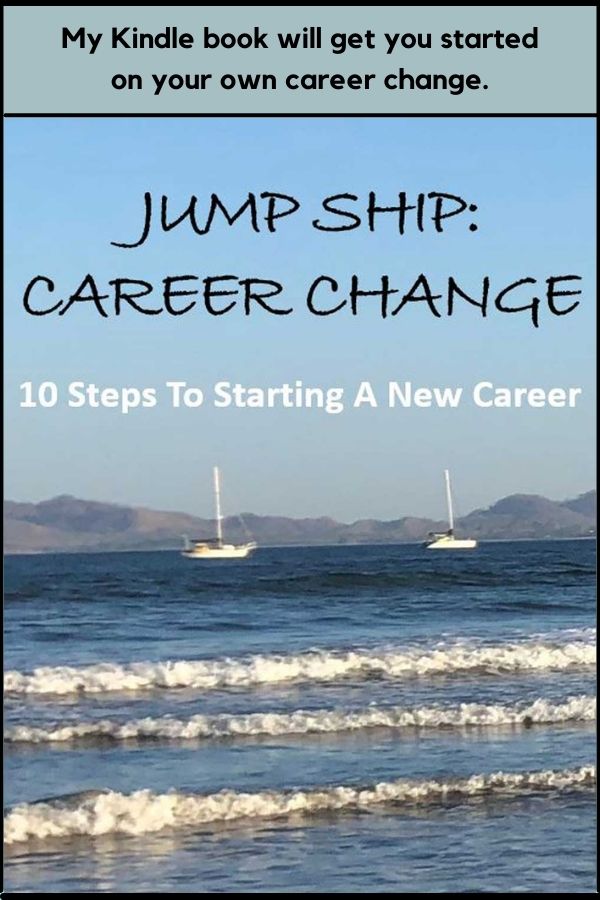Gaia asks: How can you obtain the relevant work experience needed for a new job if you are not given the opportunity to gain that experience when attempting to transition to a different industry or job with different skill sets.
This question is a great example of the catch-22 of career change. The trick to solving it is that, employers are not going to just give you the experience. You’re going to have to take it yourself.
Experience with a new industry or a new role is not only begotten by a permanent full-time job in that specific role or industry. There are different ways you can get experience. Here are three ways you can demonstrate that experience that don’t involve getting a job in that new area:
1 – Pro bono experience
This is experience for which you are unpaid. You can do a consulting project in the new industry or role. You can volunteer to demonstrate your skills or expertise in a new area. You can do some teaching or public speaking on the new topic.
Public speaking, and developing your thought leadership overall (e.g., writing, social media), is really something that’s overlooked. Curating your knowledge in the new area that you are trying to enter is a great way of getting and staying front-of-mind to recruiters, employers and decision makers and influencers who can get you into that new industry, new role, or both. Thought leadership is a great way of showcasing your talents and what you know. It demonstrates that you have something to say.
Volunteering, pro bono consulting, teaching, public speaking — none of this requires that a recruiter or an employer hire you for a permanent full-time job. It does require that you hustle to get those first projects. At the end of the day, isn’t that the message you want to send employers? You’re telling them: yes, I can absolutely do this. By getting the consulting, the volunteering, the public speaking, the teaching, you are not making promises – you are just going ahead and doing it for it yourself.
2 – Academic experience
Academics doesn’t necessarily mean that you run off to graduate school for whatever is relevant to your new industry or role. You don’t even necessarily need a certification. However, taking a class, series of classes, getting a certification or getting an advanced degree are all ways of showcasing what it is that you know. In the academic environment, you can get hands on experience through group projects, through research assignments either in a class or working with a professor and there might be opportunities to work in and around campus.
Many times for a graduate business degree or business certifications, there are consulting projects that are done as part of the curriculum. So an academic environment can be a good place to get the skills and the expertise that you are going to need for that career change.
3 – 90-day plan
Tell that next employer what you are going to do the first day, first week, first month, first quarter. How are you going to be productive from day one on the job?
The employer is choosing between you and someone else who is not a career changer. The other candidate is someone for whom this industry or role or both are not new. The employer is weighing: Why should I hire you over someone who has done this before?
Yes, a plan is just a plan. Unlike hands-on experience, a plan won’t have demonstrated results. It’s simply a promise. However, having walked through that plan, you can speak with confidence and you can give the prospective employer some confidence that you are going to add value quickly. If they do buy into your plan, it helps them see you in that industry role or both. If they can see you in their job, then they’re going to feel more comfortable hiring you. They’re going to convince themselves that you aren’t a career changer – because you already know their company, you already know what you’re going to do from day one.
As a career changer, you want to decrease risk to the employer
Having demonstrated experience through pro bono services, getting academic experience or coming up with a 90 day plan are all about decreasing risk to the employer. The employer wants to know that they’re not going to make a mistake by giving you a chance.
Hiring is expensive. It’s expensive in terms of the time and the energy that the employer takes to weed through candidates and figure out who it is that they want to hire. It’s expensive if they have to pay an outside agency to find the person. Even if they’re filling the job internally, it’s expensive in terms of the internal recruiter time and all of the other people that are dedicating their time to this hire as opposed to doing something else.
Then there is risk in terms of onboarding the wrong person and the opportunity costs losing that time of the search. An employer fears doing all of that onboarding and going through those unproductive early days on the job, only to find out that this new hire didn’t work out.
It’s incredibly expensive to hire, and so the employer is afraid to make a mistake. As a career changer, you’re seen as a higher risk because you don’t have a track record. Everything that you do needs to be about decreasing that risk of a mistake to the employer.






